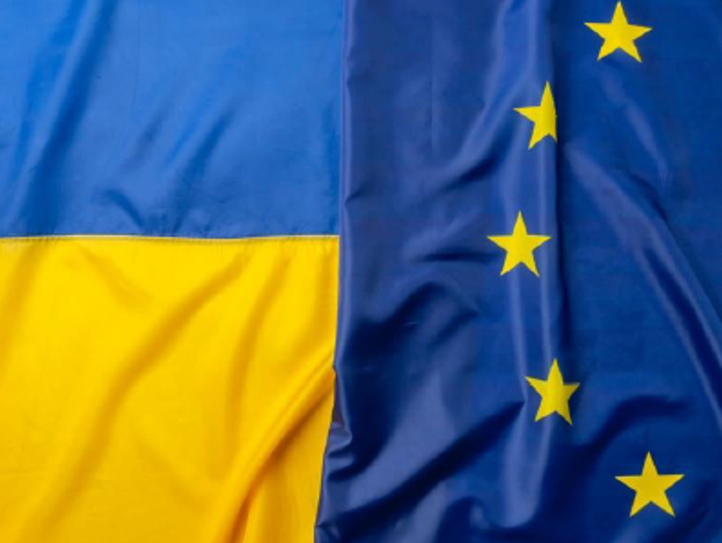How open data helps Ukraine during the war
This article was written by Kateryna Onyiliogwu - open data expert and Mykhailo Kornieiev - Head of open data department in the Ministry of Digital Transformation

Prior to Russia’s invasion, Ukraine already was one of Europe's leaders in open data. In 2021-2022 the Unified State Open Data Portal data.gov.ua, managed by the Ministry of Digital Transformation, had more than two million unique users from all over the world. In addition, more than seven million Ukrainians per month used services and applications based on open data.
Due to martial law, access to both data.gov.ua and the local portals of some cities has been temporarily limited, as some of the data used to fight corruption, grow the economy and build a democratic society could be used by Russia against Ukraine and its people.
During the invasion, open-source intelligence is used to guide vital strategic decisions. Data in machine-readable formats is e.g. used to build services and applications, as well as to draw up a strategy to overcome the crisis. The Ukrainian community has already developed a lot of tools, based on open data, that help during the current crisis. Examples are listed below.
Opening up data about sanctions
The National Agency for the Prevention of Corruption of Ukraine has developed a portal ‘War and Sanctions’, which collects information about individuals and legal entities subject to sanctions since the beginning of the Russian invasion. Everyone can download the dataset in CSV format or get access by using an API. Moreover, anyone can suggest who is missing from the sanction list so the portal’s managers can include them.
One well-known open data company in Ukraine, YouControl, developed a tool called Ruassets that checks which international and Ukrainian companies have hidden connections with Russian and Belarusian assets, individuals or businesses. It helps to protect other businesses from sanctions, and reputational and financial losses that may result from cooperation with Russian and Belarusian companies and individuals subject to sanctions. More than 100 national and international open datasets are used in the tool.
Ensuring law and order
YouControl also created the application “ТиХто” (“Who are you“) to support identity checks. These are critical to ensure security while allowing ordinary citizens to continue their daily lives. The Armed Forces, the Security Service of Ukraine, the National and Municipal Guard and other state authorities need to check people's documents daily. This application makes this more efficient and effective. The application uses historical open data from the Ukrainian open data portal (as of 23-02-2022) and can check passport information of a person approaching a checkpoint and show their photo, whether the passport is wanted or lost, whether the person is on the state wanted list, whether the person is in the register of terrorists, and whether sanctions of the National Security and Defense Council have been imposed on the person. It can also check car registration information to see whether a car is wanted or stolen.
Economy and business development during the invasion
Businesses are severely affected during the invasion. Many companies have stopped production, moved offices to safer cities or reduced staff. At the moment, the main task of businesses is to restore their capacity and to provide Ukrainians with the necessary products and services.
Opendatabot analyses how Ukrainian businesses operate during the war. One of the information sources used is historical open data for the analytics on the dynamics of new business registrations and changes in the tax system. Furthermore, Opendatabot analyses the Ukrainian market for the presence of companies controlled by Russian or Belarusian owners.
Open data is already helping Ukraine in its fight in different spheres and aspects, and will also be an important tool to rebuild the country and its economy. The Ministry of Digital Transformation aims to identify priority datasets in different spheres—from health to infrastructure—which are vital for the recovery efforts. The Ministry will also work with government bodies to make sure that open data continues to contribute to the Ukrainian economy and society.
